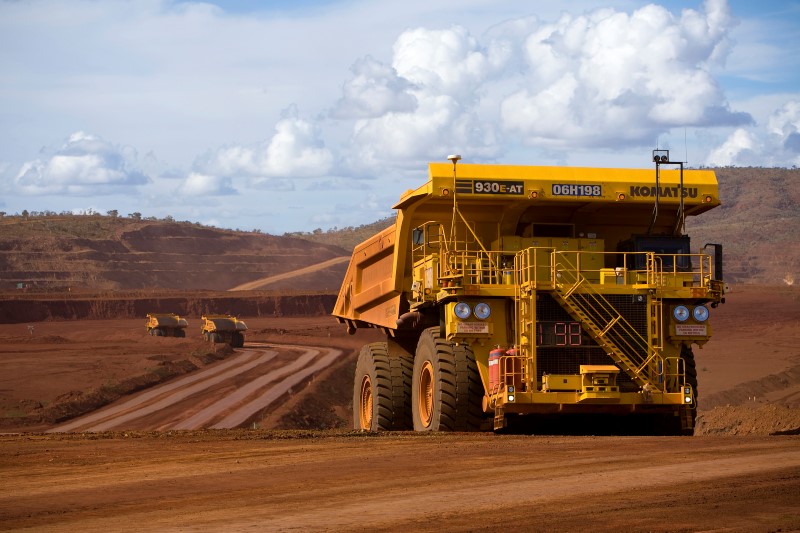* Slower Chinese growth unleashes minerals on world markets
* Net debt cut to $196 mln from $402 mln in first quarter
* Strong balance sheet positions company well, chief exec says (Adds chief executive comments, closing share price)
MELBOURNE/PERTH, Nov 18 (Reuters) - Australia-listed miner South32 Ltd S32.AX on Wednesday said it had slashed its net debt in half, to help ride out tough future conditions as slowing Chinese industrial growth unleashes more minerals on world markets.
South32 is exposed to markets for manganese, alumina, silver, nickel and coking coal, some of the industrial mainstays that have been hardest hit globally in the wake of China's pullback.
"I think the next couple of years are going to be challenging," Chief Executive Graham Kerr said after addressing the company's first annual meeting in Perth.
South32 had reduced net debt to $196 million from $402 million in the first quarter of this financial year, Kerr added.
"Our strong balance sheet is a key point of difference, which positions us well, given the challenging outlook," Kerr said after the company's chairman offered shareholders a lengthy explanation for a sharp drop in the price of South 32 stock.
It has plunged nearly 42 percent since the company was assembled in May from assets formerly owned by BHP Billiton BHP.AX BLT.L .
South 32 closed Wednesday at A$1.245, well off its opening price of A$2.13 when it first listed in May.
BHP, which was left to focus on its core iron ore, copper, coal and petroleum products divisions following the spinoff, have fallen by about 30 percent over the same period.
"Our share price has been disappointing, but it is consistent with what you are seeing across the sector," Kerr said.
Underscoring the weak markets it finds itself operating in, Kerr said South32's manganese mines in South Africa were unlikely to restart until January, following a Nov. 2 shut down.
"Manganese is doing it tough at the moment. It is trading at sub-$2 (per pound) for some of the products," Kerr said.
"Six months ago, it was six dollars."
